Introduction:
Artificial intelligence (AI) is one of the most revolutionary forces influencing our future in the quickly changing technological landscape. The incorporation of AI into numerous businesses as we head toward the year 2030 promises efficiency, productivity, and innovation that are unmatched. This technological advance is not without consequences, notably for the job market. This article examines the predicted effects of AI on employment over the next ten years, examining both the difficulties and possibilities that lie ahead.
I. Automation and Job Displacement: (By Artificial Intelligence)
In the 2030s, the emergence of artificial intelligence (AI) will spark a significant change in the nature of labor. Automation will target tasks with predictable, repeated patterns, aided by AI-powered technology. Data entry, customer service, and other sectors that mainly rely on human, predictable operations will see a sizable percentage of their work performed by intelligent computers.
Robotic arms with cutting-edge AI algorithms, for instance, will assemble goods with a level of accuracy and efficiency never before achieved in the industrial industry. As a result, there will be less demand for human labor used in assembly line processes. Similar to this, in customer service, AI-powered chatbots with NLP capabilities will deal with ordinary questions, freeing up human agents to deal with more intricate, nuanced problems.
This development has effects that go beyond certain industries. Job responsibilities that contain automatable duties will be significantly altered. It’s vital to remember that this evolution does not equate to the removal of jobs, even though it may first result in employment relocation. Instead, it denotes a restructuring of positions that has caused the workforce’s makeup to shift toward jobs that demand creativity, critical thinking, and emotional intelligence.
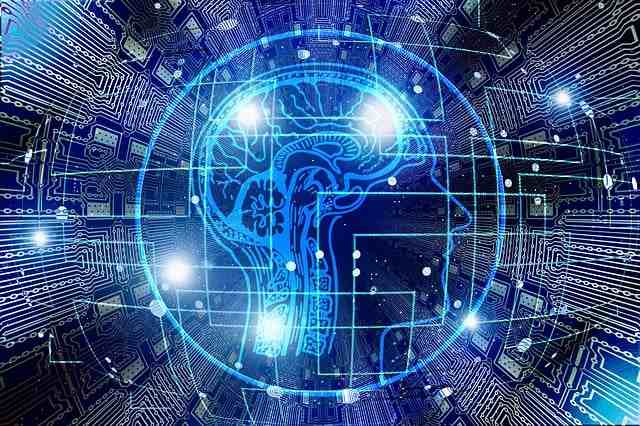
II. Emergence of New Professions: (By Artificial Intelligence)
Additionally, when AI becomes more prevalent, a variety of new occupations that take advantage of this technology will emerge. In the 2030s, specialized roles in data science, machine learning engineering, AI ethics, and algorithm governance will become more and more important.
As corporations and organizations move toward data-driven decision-making, data scientists will be at the forefront of gleaning insights from huge databases. To ensure the accuracy and effectiveness of AI systems, machine learning professionals will specialize in creating and improving the complex algorithms that underlie them. Meanwhile, experts in algorithm governance and AI ethics will debate the difficult moral issues raised by the application of AI while working to develop frameworks that put fairness, accountability, and transparency first.
These newly emerging professions will address both the technical and ethical as well as the societal aspects of AI deployment, highlighting the complexity of the AI-driven labor market.

III. Augmented Intelligence and Human-AI Collaboration: (By Artificial Intelligence)
The way people and technology interact in the workplace will undergo a fundamental shift in the 2030s. A key idea in this change is augmented intelligence, which sees AI as a collaborator who enhances rather than replaces human abilities.
This essentially means that AI will handle activities that play to its strengths, such as processing huge amounts of data and carrying out repeated operations with imperturbable precision. Humans will contribute their own cognitive skills, like as creativity, intuition, and sophisticated decision-making, in the meantime.
The impact of this partnership will cut across all industries. Healthcare workers will be able to make better decisions thanks to AI-powered diagnostic technologies, for instance, which will increase the precision of medical evaluations. In a similar way, AI will serve as a potent assistant in creative industries like design and content development, automating repetitive work and making original ideas so that human professionals may concentrate on higher-level ideation and strategy.
The way work is done will be revolutionized by this collaborative effort between people and AI, resulting in previously unheard-of levels of productivity and inventiveness. It serves as an example of a future in which machine intelligence and human intelligence work together to produce results that are superior to what each one could produce alone.
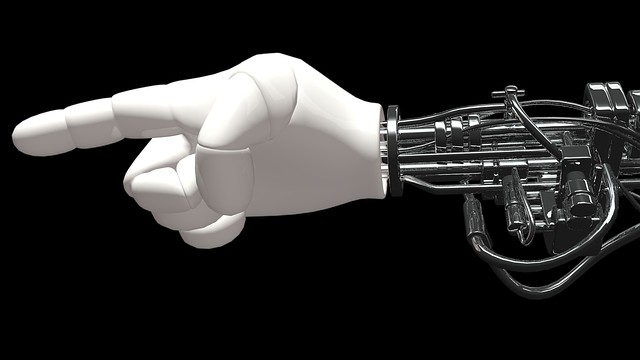
IV. Reskilling and Upskilling Initiatives: (By Artificial Intelligence)
A complete commitment to reskilling and upskilling is required to adapt to the changing employment market of the 2030s. The skills required by industries will continue to change as a result of the rapid rate of technological innovation.
Governments, educational institutions, and businesses will need to work together to develop extensive training programs that will provide people the skills they need to succeed in an AI-driven economy. These systems must to be sensitive and dynamic, created to keep up with rapidly changing technology developments.
In addition, the idea of lifelong learning will advance from a theoretical idea to a necessary requirement. To keep their skill sets current and in line with the requirements of their particular industries, professionals will take advantage of ongoing educational opportunities.
Initiatives for reskilling and upskilling people will not only give people the tools they need to succeed in the labor market, but they will also increase overall economic resilience by assuring a workforce that is highly adaptable and competent.
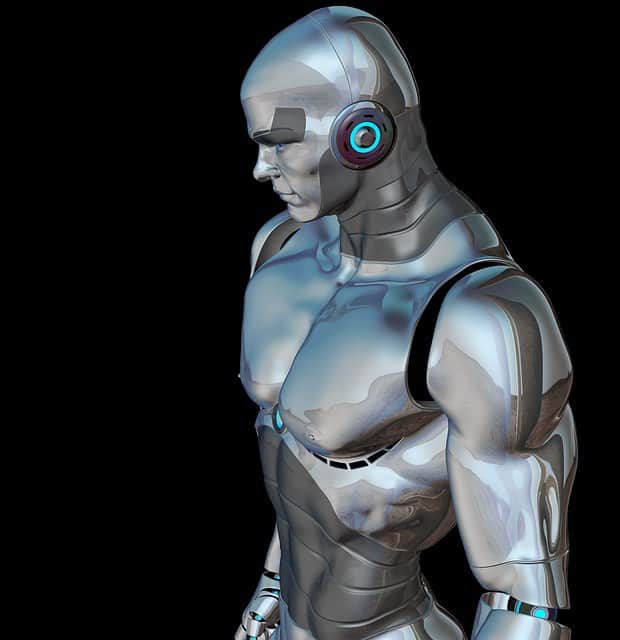
V. Ethical Considerations and Human Oversight: (By Artificial Intelligence)
Ethical concerns will become more important as AI becomes more prevalent in society’s different elements. Fairness, accountability, and openness are crucial considerations for the responsible development and application of AI.
The task of addressing prejudice in AI systems will be crucial. It will take careful testing, validation, and continuing monitoring to make sure that AI systems do not reinforce or worsen current socioeconomic imbalances. Additionally, it will be essential to be transparent about how AI makes decisions, especially when those decisions have a big influence on people’s lives, including when making financial or healthcare decisions.
AI systems will need to be carefully monitored by humans. To ensure that AI functions within bounds that are consistent with societal values and norms, it will be crucial to establish ethical frameworks and regulatory requirements. This control will assist in reducing any potential problems brought on by the unrestricted spread of AI technologies.
Furthermore, creating an environment where AI is a force for good in society would require cultivating an ethical awareness and responsibility among AI developers, practitioners, and consumers.
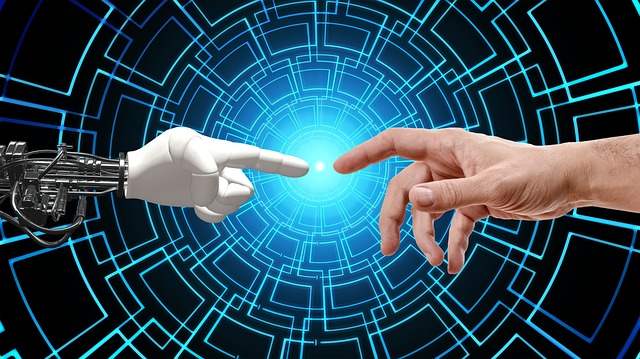
VI. Impact on Industries: (By Artificial Intelligence)
The adoption of AI technologies will impact many different industries in distinctive and significant ways. For stakeholders to anticipate changes in employment patterns and to adopt a proactive stance in the changing labor market, an understanding of these implications is essential.
AI-powered diagnostic tools, for instance, will improve the precision and speed of medical evaluations in the healthcare industry. As a result, patient care will be delivered more effectively, and healthcare duties may be distributed differently. Healthcare practitioners will increasingly be involved in complex decision-making, relying on AI insights to guide their clinical judgments, even as some administrative chores may be automated.
Automation powered by AI will transform manufacturing production methods. Machines will tackle repetitive, labor-intensive operations, increasing precision and productivity. While there may be less need for manual work in some areas as a result of technology, there will also be more chances for experienced technicians to supervise and maintain these advanced systems.
With the introduction of autonomous vehicles, the transportation industry will also undergo a paradigm shift. Drivers’ responsibilities will change, with an emphasis on observing and acting when necessary. New positions in AI-driven logistics and route optimization will develop in the meantime.
The impact of AI will vary depending on the industry, changing positions, creating new opportunities, and necessitating a reevaluation of skill sets. Individuals and organizations can proactively position themselves to succeed in the AI-driven economy of the 2030s by foreseeing these changes.
Home: thehappeningworld.com
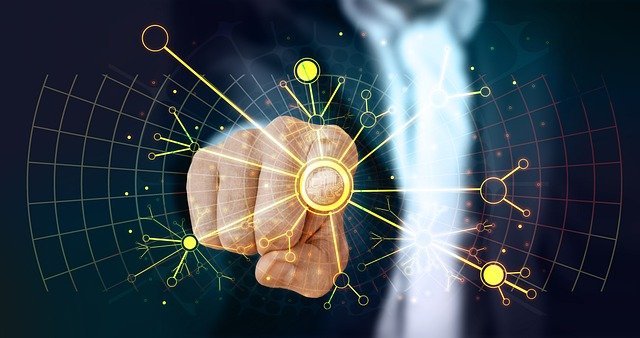
Listed below are a few trustworthy places where you may learn more about artificial intelligence (AI):
- OpenAI: https://openai.com/
- The goal of OpenAI is to advance artificial intelligence for the good of humanity. On their website, you can find materials, articles, and research papers about AI.
- Google AI: https://ai.google/
- Artificial intelligence research, projects, and advancements are shared by Google’s AI group. They also offer access to a number of AI platforms and tools.
- Microsoft AI: https://www.microsoft.com/en-us/ai
- For developers and researchers interested in AI, Microsoft’s AI group provides a variety of resources, including research papers, tutorials, and tools.
- IBM Watson: https://www.ibm.com/watson/
- Information on IBM’s Watson AI platform’s services, solutions, and case studies of AI’s use in various industries are available.
- MIT Technology Review – AI: https://www.technologyreview.com/topic/artificial-intelligence/
- The artificial intelligence (AI) area of MIT Technology Review features news, essays, and in-depth assessments of developments and trends.
- DeepMind: https://www.deepmind.com/
- DeepMind, a subsidiary of Alphabet (Google’s parent company), focuses on artificial intelligence research. Their website features research papers, blog posts, and updates on their AI projects.
- AI Weekly by VentureBeat: https://venturebeat.com/ai-weekly/
- This area of VentureBeat is devoted to news, analysis, and articles about AI. They cover a wide range of artificial intelligence-related subjects.
- AI in Healthcare by Healthcare IT News: https://www.healthcareitnews.com/topic/artificial-intelligence
- With the use of news, case studies, and articles, this part of Healthcare IT News sheds light on how AI is being used in the healthcare sector.
- The Association for the Advancement of Artificial Intelligence (AAAI): https://www.aaai.org/
- The mission of the international scientific organization AAAI is to advance artificial intelligence research. On their website, you may find conferences, articles, and resources about AI.
- GitHub – Awesome AI: https://github.com/owainlewis/awesome-artificial-intelligence
- This is a carefully curated list of GitHub-hosted AI tools and resources. Links to libraries, frameworks, datasets, and other resources are provided.
Conclusion:
The widespread integration of AI into the fabric of our professional life is expected to define the 2030s. While there are difficulties associated with this shift, there are also unheard-of potential for innovation and expansion. Individuals and organizations can successfully navigate this future labor market by taking a forward-thinking strategy, investing in reskilling and ethical issues, and comprehending the nuanced consequences on industries. We are ready to usher in a new age of human-AI collaboration by embracing AI’s potential and redefining the nature of work in ways that benefit society as a whole.